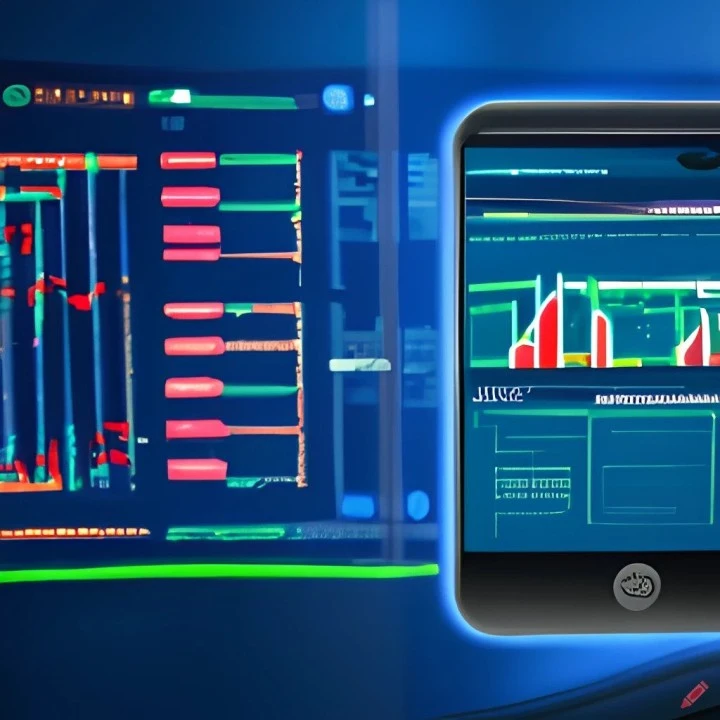The Evolution of Decentralized Finance (DeFi) on EVM-Based Blockchains: A Deep Dive into EtherDelta and its Transition to eToro

This website uses cookies
We use Cookies to ensure better performance, recognize your repeat visits and preferences, as well as to measure the effectiveness of campaigns and analyze traffic. For these reasons, we may share your site usage data with our analytics partners. Please, view our Cookie Policy to learn more about Cookies. By clicking «Allow all cookies», you consent to the use of ALL Cookies unless you disable them at any time.
The world of decentralized finance (DeFi) has experienced an unprecedented surge in popularity over the past few years, driven by the development and adoption of EVM-based blockchains. As a blockchain expert who has had the unique opportunity to rework EtherDelta in its early days and witness its transition to eToro, I would like to share my insights into the evolution of DeFi on EVM-compatible platforms.
Ethereum's introduction of the Ethereum Virtual Machine (EVM) revolutionized the blockchain space by enabling the creation of smart contracts, which are self-executing contracts with the terms of the agreement directly written into code. This innovation paved the way for the development of various DeFi applications, such as decentralized exchanges (DEXs), lending platforms, and yield farming.
EtherDelta emerged as one of the first decentralized exchanges built on Ethereum, allowing users to trade Ethereum-based tokens (ERC-20) directly from their wallets. The platform gained significant attention due to its decentralized nature, which eliminated the need for a central authority and provided users with greater control over their funds.
Decentralization: EtherDelta's core advantage was its decentralized structure, which reduced the risk of hacks and thefts that plagued centralized exchanges.
Wallet Integration: Users could trade directly from their wallets, increasing convenience and security.
Transparency: All transactions were recorded on the blockchain, providing users with a transparent and immutable record of trades.
Limited Functionality: EtherDelta only supported Ethereum-based tokens, limiting the variety of assets available for trading.
User Interface: The platform's user interface was often criticized for being difficult to navigate, particularly for new users.
Lack of Liquidity: As a nascent platform, EtherDelta struggled with low liquidity, which led to high slippage and price discrepancies.
In the early days of my career as a blockchain expert, I had the opportunity to work on reworking EtherDelta with the eToro team. Our primary focus was to address the platform's shortcomings and integrate it with eToro's existing infrastructure to create a more user-friendly and versatile decentralized trading experience.
Expanding to multi ordering model: We worked on extending EtherDelta's capabilities to support a multi ordering in one transaction.
Enhancing the User Interface: We redesigned the user interface to make it more intuitive, enabling both novice and experienced traders to navigate the platform with ease.
Improving Liquidity: By integrating EtherDelta with eToro's existing user base, we were planning to significantly increase liquidity, leading to more competitive pricing and reduced slippage.
The evolution of DeFi on EVM-based blockchains has been nothing short of remarkable, with platforms like EtherDelta playing a pivotal role in shaping the landscape. As DeFi continues to mature and expand, it is essential for developers and users alike to learn from the successes and shortcomings of early projects. By doing so, we can continue to foster innovation and pave the way for a more decentralized and inclusive financial future.
